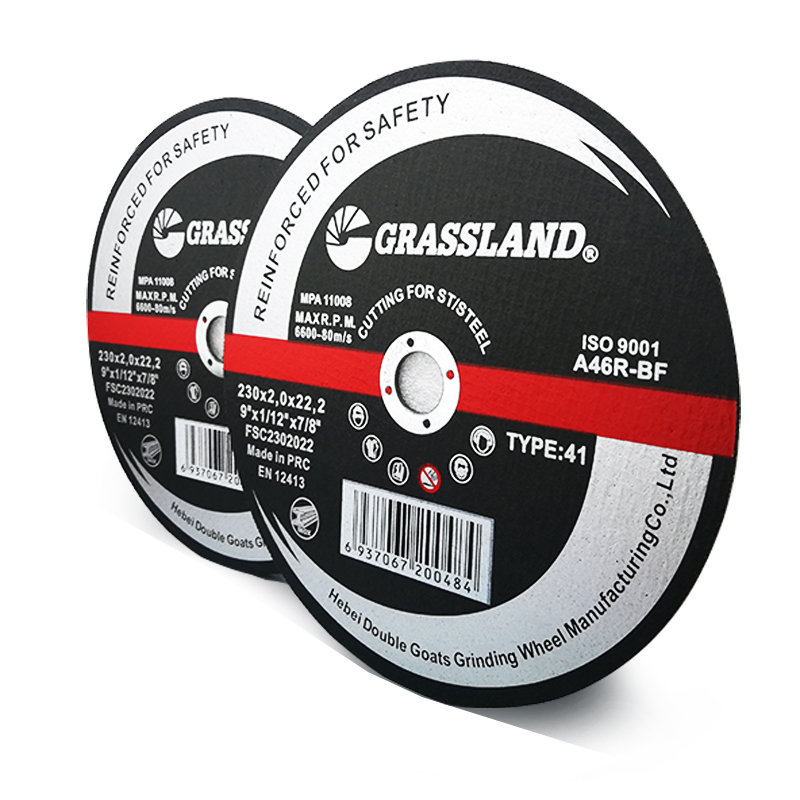Understanding Grinding Machine Wheel Types
In the realm of manufacturing and machining, grinding wheels play a critical role in shaping, finishing, and polishing materials, especially metals. These wheels come in various types, each designed for specific applications, materials, and processes. Understanding the different types of grinding machine wheels is essential for anyone involved in manufacturing or metalworking.
1. Types of Grinding Wheels
Grinding wheels can be classified based on their composition, structure, and intended use. Here are some common types
- Vitrified Wheels Made from glass-like substances, vitrified wheels are one of the most versatile types. They are incredibly durable and can withstand high temperatures. These wheels are often used in precision grinding applications, providing excellent surface finishes.
- Resin Bonded Wheels These wheels are made with resin as a bonding agent. They tend to be softer compared to vitrified wheels and can effectively provide cooler cutting speeds. They are commonly used for grinding materials such as aluminum and brass, where heat build-up is a concern.
- Metal Bonded Wheels As the name suggests, these wheels have metal as their bonding agent. They are generally used for heavy-duty applications that require high durability. Metal bonded wheels are prevalent in applications like metal grinding and when using diamond abrasives for efficient cutting.
- Diamond Wheels These wheels feature diamond abrasives and are specifically designed for grinding hard materials, such as ceramics, gemstones, and carbide tools. Their hardness allows for precise and efficient grinding, making them ideal for specialized applications.
- Cubic Boron Nitride (CBN) Wheels CBN wheels are similar to diamond wheels but utilize cubic boron nitride as an abrasive. They are particularly effective for grinding hard steels and tool materials. CBN wheels maintain their cutting ability at higher temperatures, making them suitable for high-speed operations.
2. Understanding Specifications
Each grinding wheel has specific specifications that define its performance characteristics. These include
- Grain Size The size of the abrasive particles affects the finish of the workpiece
. Finer grains produce a smoother finish, while coarser grains remove material more aggressively.grinding machine wheel types

- Bond Type The bonding material holds the abrasive together and affects the wheel's strength and wear characteristics. Different bonds are better suited for different applications, as discussed above.
- Hardness The hardness rating indicates how tightly the abrasives are held together. Softer wheels wear out faster but are suited for harder materials, while harder wheels are more durable but may not be ideal for softer materials.
- Structure The structure refers to the spacing between the abrasive grains. A more open structure is better for cooling and debris removal, while a denser structure provides a finer finish.
3. Applications
Different grinding wheels find application in various fields
- Metalworking In metal fabrication, grinding wheels are utilized for shaping metals, removing burrs, and achieving fine finishes on tools and workpieces.
- Construction Diamond and abrasive wheels are commonly used on concrete surfaces for grinding, cutting, and smoothing.
- Automotive In the automotive industry, CBN wheels are often employed for precision grinding of engine components and other metal parts.
- Jewelry Jewelers frequently use diamond grinding wheels to shape and polish gemstones efficiently.
4. Conclusion
Selecting the right grinding machine wheel type is paramount for achieving the desired results in any grinding application. Understanding the diverse types of wheels, their specifications, and suitable applications can significantly enhance efficiency and quality in metalworking and other industries. By choosing the appropriate wheel, manufacturers can optimize their processes, save time, and deliver superior products. Whether you are a seasoned machinist or just starting in the field, a comprehensive knowledge of grinding wheels will undoubtedly prove beneficial in your projects.
Post time:Dec - 22 - 2024

















